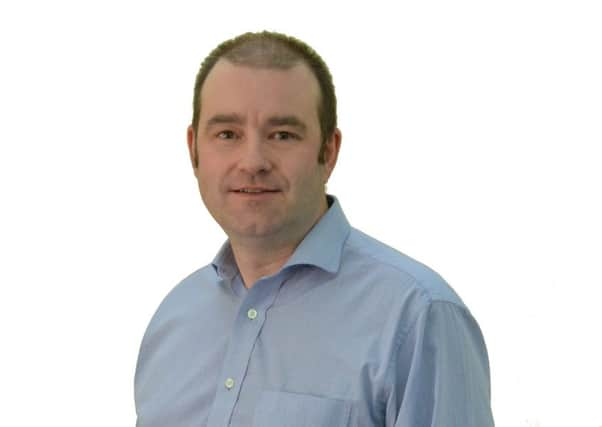Andy Drane: Governments must address issues that disincentivise healthcare professionals from working for the NHS


Commentators will now be watching closely whether the new Conservative government will deliver on its health service plans, including their manifesto promise of recruiting an extra 6,000 GPs in England & Wales. With the SNP’s emphatic election victory in Scotland, attention will also inevitably focus north of the Border where health policy is a devolved matter.
As both Westminster and Holyrood ministers know, GP recruitment is no simple task and one that’s further complicated by the attempted integration of health and social care, a current focus for the Scottish Government. While governments have been grappling with this challenge for years, it’s now having a significant impact on primary care and needs sorting as a matter of urgency.
Advertisement
Hide AdAdvertisement
Hide AdTraining more doctors takes years: those who start a medicine degree in 2020 will not be fully fledged, partner-level GPs until 2030 at the earliest. Meanwhile, recruiting experienced doctors from abroad can be a costly and lengthy process.
There are practical measures, however, that both Scottish and UK governments can consider and, with a political will, deliver on to help bolster numbers. The first is to get on with implementing current policy. Here in Scotland this involves delivering the key support policies announced in the 2018 New GP Contract which includes providing sustainability loans to help ensure practices can thrive or at least survive. The Scottish Government must also ensure that all health boards take a consistent approach in implementing this policy.
The UK Conservative government should address the issues which prevent older, experienced GPs from working. This includes fixing the pensions crisis where currently all GP earnings are superannuable at fixed percentages. This means retired doctors risk breaching annual or, in some cases, lifetime allowance limits and facing punitive tax levels for taking on additional work. Why work more if the tax system penalises you for doing so?
Retaining middle-aged doctors by encouraging those with younger families who reduce hours or take time out to return to general practice once childcare commitments change is another key policy challenge.
When it comes to doctor training, government should also look at ways and means of actively incentivising students and new graduates into a career within general practice, potentially at the expense of other areas. More must also be done in preventing an exodus of qualified GPs to other nations. A legislative focus may be required to ensure doctors trained in the UK remain working here for a minimum period.
To increase the effectiveness of GPs, we also need to see imaginative government policies aimed at relieving the administrative burden they face. One route is to encourage the development of larger practices which are of sufficient scale to be able to provide for a proper separation of clinical care delivery from management of the business. This could be supported by regulatory requirements to have appropriately qualified practice managers in place at all GP surgeries. Where larger practices are not achievable, it will be essential to encourage smaller ones to come together to share business management resources.
Training on more efficient healthcare delivery is another area of consideration. This could include limiting the number of weekly visits by ‘frequent flyer’ patients but balancing this by offering them longer consultation times to deal with their issues.
A final aspect of the GP challenge for governments is around investing in public health campaigns to route patients towards seeing nurses or other health professionals to ensure GP time is available when it is actually required.
Advertisement
Hide AdAdvertisement
Hide AdFixing primary care will be hugely challenging for both the UK and Scottish governments. While these measures outlined above won’t be enough to achieve it, they will at least help address some of the longer term retention issues.
As the dust settles after last year’s general election, politicians on both sides of the border need to turn their attention from campaigning to policy delivery. Promises to improve the NHS must now be translated into effective actions as the nation’s health depends on it.
Andy Drane is a Partner and GP practice adviser, Davidson Chalmers Stewart